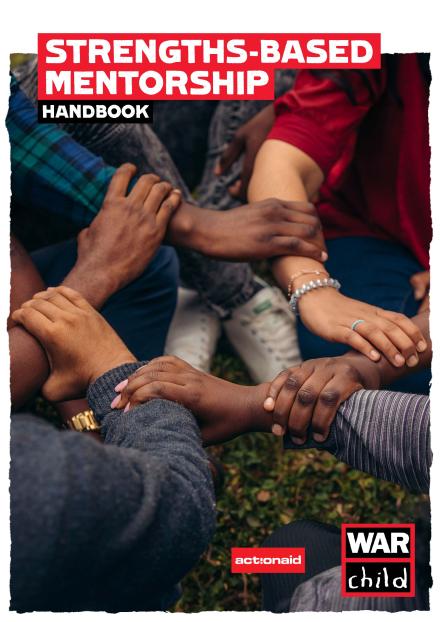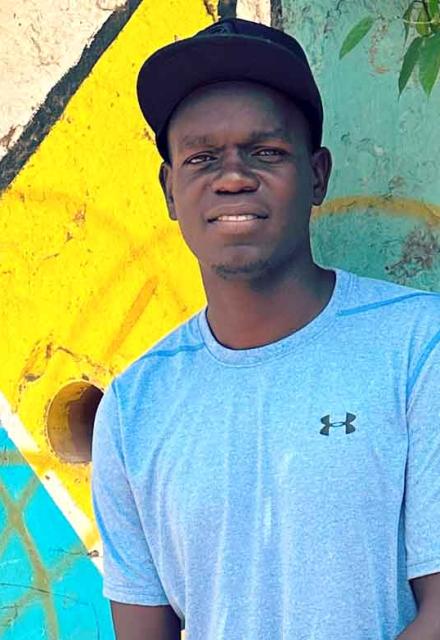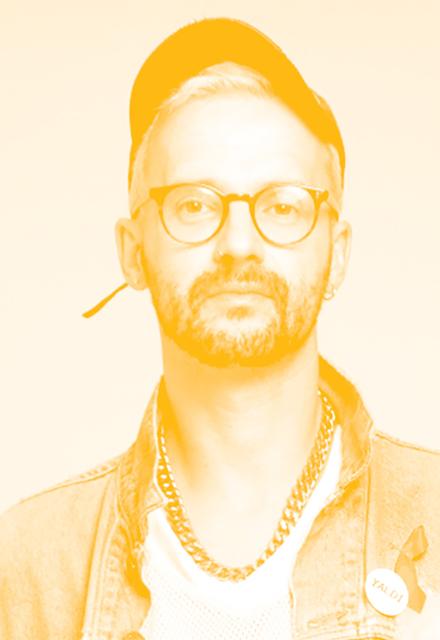In March 2020, the Government of Uganda declared a nation-wide lockdown due to the outbreak of the deadly COVID-19 virus in Uganda. This saw many businesses, churches, bars, schools et al closed to curb the spread of the virus. This was a good move, in retrospect, considering hysteria had overcome everyone due to the uncertainty of our lives and the future. Whereas lockdown in certain sectors is being lifted, the education sector remains crippled.
At the onset of the lockdown, the Government of Uganda through the Ministry of Education and Sports quickly discerned that having children at home without access to education would be a disservice to them; upon which it was declared that radio and television sets will be supplied to each household especially in the rural areas to aid continuity of learning. Almost a year later and schools remain closed with no radio or television set ever dispensed to these homes.
Was this the incompetence of our government structures or the negligence of the people involved? You decide. Just like many other things that surround human nature, this exposed the massive inequality gap in the education sector in Uganda. Prior to the COVID-19 era, the inequality gap regarding the quality of education dispensed to the students in the urban and rural areas was evident but COVID-19 further uncovered the disparities in this sector. So much so, that many children in the urban areas have continued to access education through zoom classes, on televisions, radios, and newspapers that the other half of the students in rural areas can’t access. Due to this, these children have ended up doing manual work to support their families which in turn has increased the stats of child labor in Uganda.
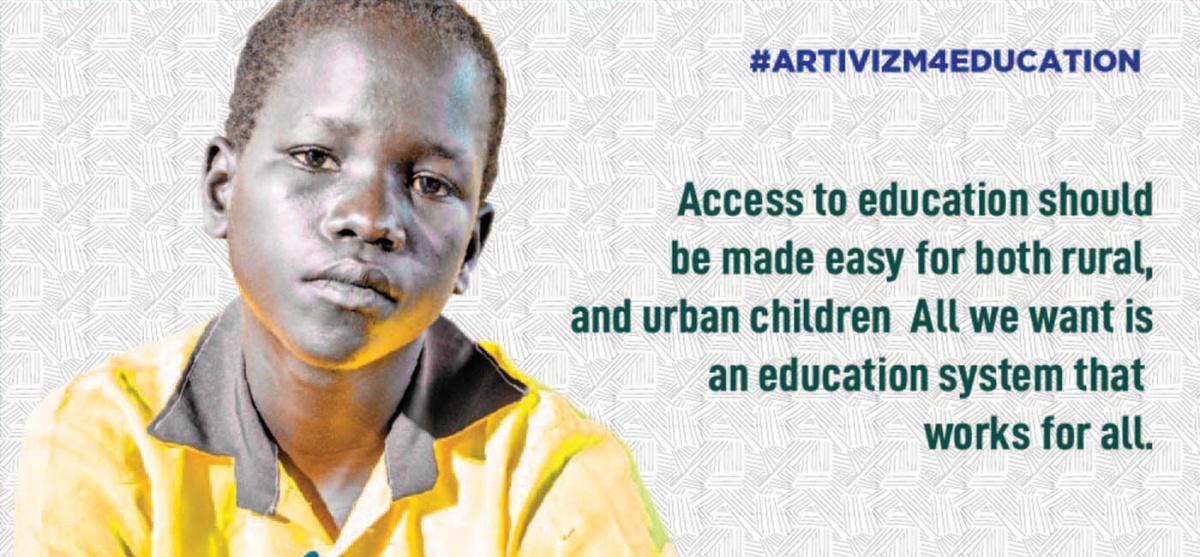
On the series of unfortunate events that students especially in rural areas continue to face due to the closure of schools, is the increase in child marriages that have consequently birthed a multitude of child mothers. Due to the lockdown, it was hard enough for the average youth to access sexual reproductive health services and with a whole generation of young and curious people out of school, there is an information gap that could have otherwise kept them informed of the dangers of engaging in early sexual activity.
To enable the youth to express their voice and speak their truth of their lived experiences in the most creative of ways, Action Aid Uganda in collaboration with Global Platform Uganda have on the 27th August 2021, launched an online campaign dubbed Artivizm 4 Education; which is aimed at providing a platform for activists and creatives within the Action Aid spaces and partners to vividly showcase how art in all its many formats and expressions plays a positive critical role in organizing for social change.The artistic component is the pillar of this campaign because it allows young people to use various forms of art expressions to share knowledge, ideas, and opinions. Freedom of expression is not only the core of a healthy democracy but also a fundamental human right.
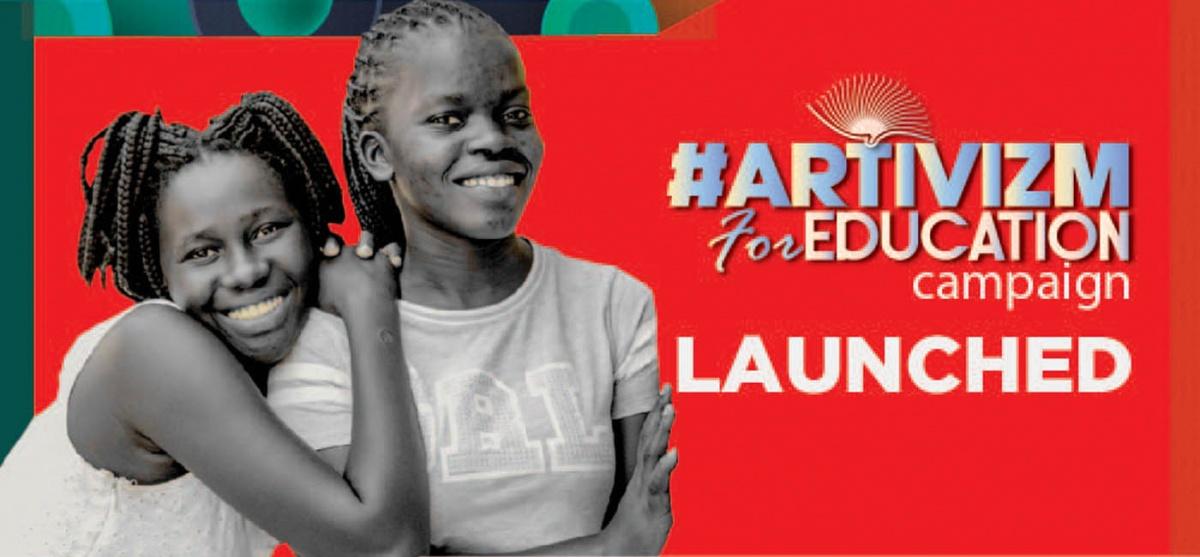
“COVID-19 pandemic has revealed the vulnerability of the private school structure. Teachers have been forced to sell maize, brick making and other odd jobs to earn a living. We need to address these challenges and help our teachers get back to the classroom.” Said Mr. Xavier Ejoyi, the Country Director of Action Aid Uganda.
“Through the #Artivizm4Education campaign we call out for innovation to create access to technology for all learners. We need to get back to the drawing board; train teachers, improve technology and speak out on unequal education opportunities so that we work towards the rebuilding of our nation.”, he added while making his remarks at the launch of the campaign.
Having made various observations on the challenges posed to learners due to closure of schools, the District Inspector of Schools in Masindi, Ms. Monica Kiiza called upon the Government of Uganda to prepare comprehensive programs that are psycho-socio and supportive in nature to accommodate the different categories of learners.
“Government should also ensure that communities embrace enrollment into vocational institutions since they were put in place for youth skilling. There is need for sensitization on the value of education.” She added.
The ball is in our court as youths and young adults that desire to witness social change. Our children, siblings and friends that are still school going have been home for way too long. It is time to speak up and it is time to rescue the dreams of those that matter to us.
Follow the conversation on social media #Artivizm4Education


